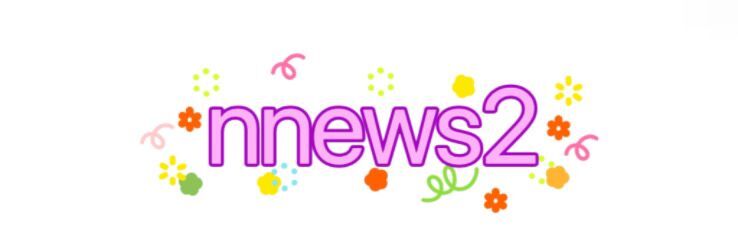Traditional Teacher Training vs. Online Certifications: Which is Better?
Choosing the right path for becoming a teacher can be challenging, especially when considering Traditional Teacher Training versus Online Certifications. Many future educators wonder which method is more effective or beneficial. Here, we answer some common questions regarding the two options.
If you want to learn more, please visit our website Teacher Training.
1. What is Traditional Teacher Training?
Traditional Teacher Training refers to the conventional educational routes taken to become a teacher, such as attending a university or college program. This usually involves:
- Completing a degree in education or a specific subject area.
- Participating in classroom-based teaching experiences.
- Engaging in in-person interactions with instructors and peers.
2. What are Online Certifications?
Online Certifications are alternative programs that allow individuals to complete their teacher training through online courses. Key aspects include:
- Flexible scheduling that accommodates working individuals.
- Learning at one’s own pace through various digital platforms.
- Limited or no requirement for in-person attendance.
3. What are the main differences between the two?
You will get efficient and thoughtful service from Dolang.
There are several key differences that should be considered when comparing Traditional Teacher Training and Online Certifications:
- Learning Environment: Traditional training occurs in physical classrooms, while online certification programs can be completed from anywhere.
- Time Commitment: Traditional programs typically require more time on campus, whereas online courses offer flexible schedules.
- Costs: Traditional degrees can be expensive due to tuition fees, while online options often have lower costs.
- Networking Opportunities: Traditional training provides face-to-face interactions, which can lead to valuable connections in the education field.
4. Which option is considered to be more effective?
The effectiveness of either option largely depends on individual learning styles and personal circumstances. Here are some factors that can influence this decision:
- Learning Style: Some individuals thrive in a structured classroom setting, while others are more successful in flexible online environments.
- Career Goals: For some positions, traditional degrees may carry more weight, particularly in public school systems.
- Life Situation: Those with jobs or family commitments may find online certifications more achievable.
5. What should I consider when making my choice?
When deciding between Traditional Teacher Training and Online Certifications, keep the following in mind:
- Accreditation: Ensure that whatever program you choose is accredited and recognized by education authorities.
- Curriculum: Compare course content to see which approach offers the subjects and teaching practices you want to learn.
- Support Systems: Evaluate the support offered by each program, including mentorship, resources, and alumni networks.
In summary, Traditional Teacher Training and Online Certifications each have their advantages and disadvantages. The right choice will depend on your learning preferences, career aspirations, and life situations. Consider your own needs carefully to determine which path aligns best with your goals in the field of education.
Goto Dolang to know more.

Comments